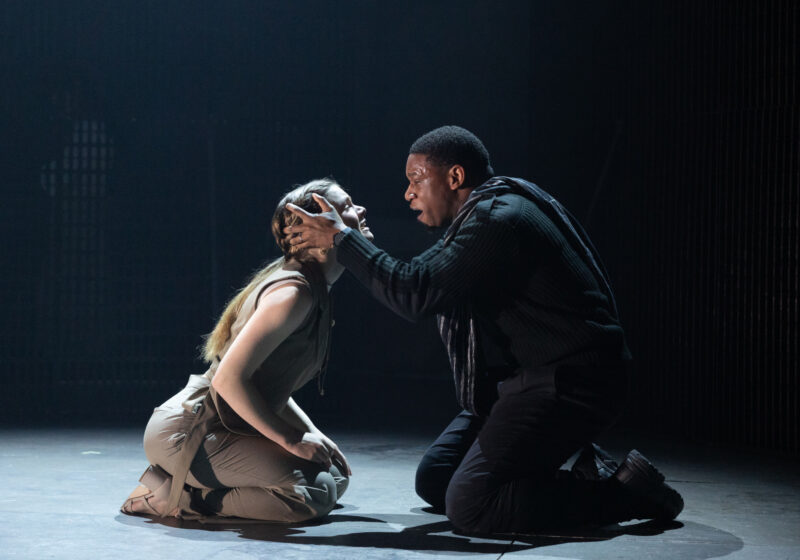A lot of emphasis has been placed on the quality of experience in this year’s presidential campaigns. It has been used to judge both parties’ tickets in ways that often conflate the characteristic with attributes such as judgment, leadership and so on. However, what one rarely hears is a substantive discussion about what the word ‘experience” actually represents and why this concept is important with respect to the selection of a candidate for president.
John McCain’s campaign says he’s more experienced, specifically in terms of years of service and the type of experience he’s gained (foreign policy). Barack Obama’s camp makes the argument that his better judgment on key issues makes up for his perceived weakness in the experience column. And of course the vice presidential candidates add to the discussion, with Joe Biden matching McCain’s amount of experience in the Senate and Sarah Palin representing some amount of executive experience.
The first obvious question that this debate raises is how much and what kind of experience is required to be qualified to be president of the United States?
If Obama had served as many years in the Senate as McCain before choosing to run for president, would he only then be experienced enough to hold the office? Is the type of service critical, be it legislative, executive, military or community? How about years of experience as an ‘average American” in terms of demography or wealth in order to understand the needs of the electorate or time spent getting to know such people?
All of these types of experience can be important considerations and should be debated on their merits, rather than reducing the word itself to a vague and simple meaning.
And this leads us to consider a similar question: what does the president actually do that requires specific kinds of experience? He, along with his cabinet, sets policies to be carried out by the various arms of the executive branch and both candidates are currently running on a platform of policy positions. He represents our nation in meetings in other countries and with foreign leaders, something both candidates have shown their ability to do, but which McCain has done more often. He works with the legislature to get laws close to his optimal policy passed, which both candidates as legislators have done, but McCain has also done more often. However, Obama may fare better as president in terms of working with the Democratic Congress (assuming it maintains majorities in both chambers, which is currently projected) than would McCain.
There are many other duties associated with the office of president, and if we are going to make experience a central criterion for election to this office, we must make clear exactly why the experience that a given candidate has makes him the better man or woman for the job.
The similar qualities of judgment and leadership have frequently been espoused in the same breath as experience during this campaign season, so their relationships with one another should also be briefly examined in the context of the election.
Certainly a person’s judgment is heavily informed by the experiences he’s had throughout his life from infancy to adulthood and from education to profession. We can only predict the judgment each candidate will use based upon what we know of the man himself, his past and his proposals for the future.
But it is important to note that experience in a given field is not a prerequisite for nor does it necessarily entail good judgment. Abraham Lincoln, now considered one of our greatest presidents, could only boast of a few terms as state legislator and one term as U.S. representative when he ran in 1860. Conversely, when he was selected as George W. Bush’s first secretary of defense, Donald Rumsfeld who would later step down in disgrace and controversy was one of the most experienced men in the executive branch.
And then there is leadership, a quality marked by one’s ability to communicate effectively and bring people together. All leaders make decisions which recalls the importance of judgment but great leaders are those, like John F. Kennedy and Franklin Delano Roosevelt, who can move people in the right direction and bring everyone along. Great leaders are supposed to be inspirational. That’s why it’s confusing when Obama is referred to as a ‘celebrity” for displaying the very abilities a great leader should possess.
The purpose of this article is not to endorse either candidate for president. If it were, it would focus primarily on the policy differences between them, which should be the foundation for such a decision. Perhaps Bill Clinton got it right despite briefly earning the ire of his party when he said that no one is really ready to be president based on his or her past experience. The qualifications to hold the office are set by the Constitution, and from there it is left to the people to decide who they think will be the better president.
But if experience and the important qualities of judgment and leadership are to be included in this vetting process, they must be accompanied by an understanding of what we’re actually saying and why we’re saying it.
Cutshall is a member of the class of 2009.




